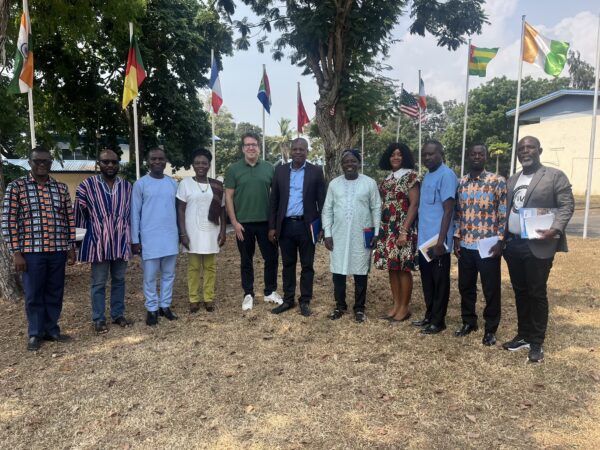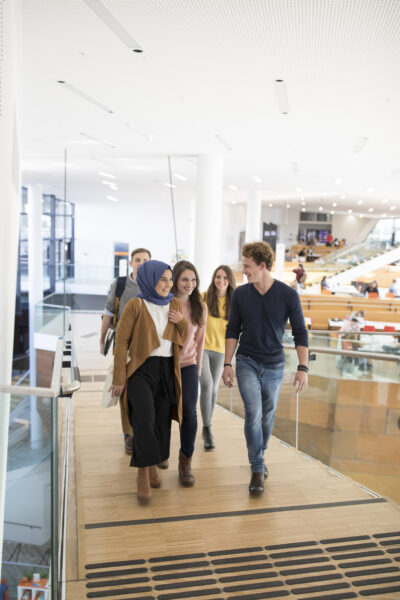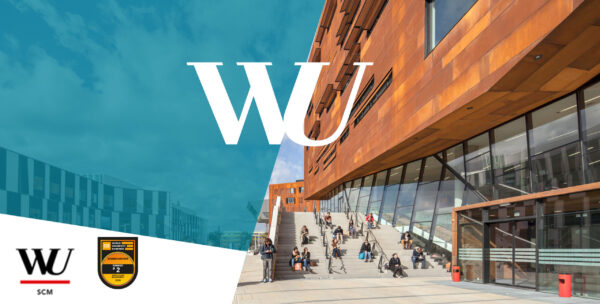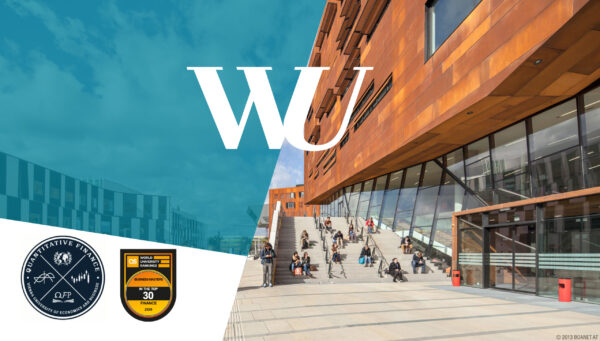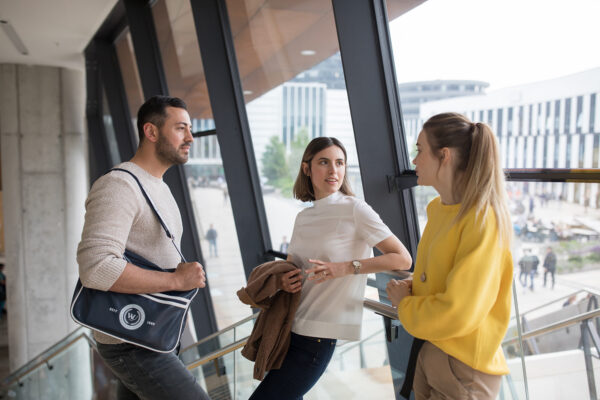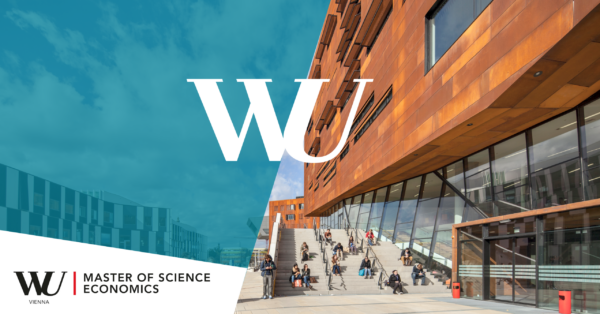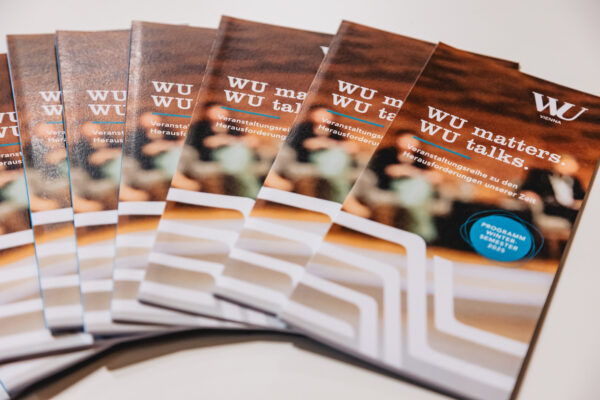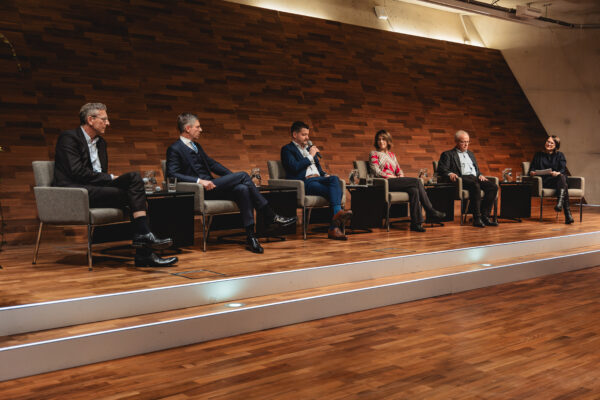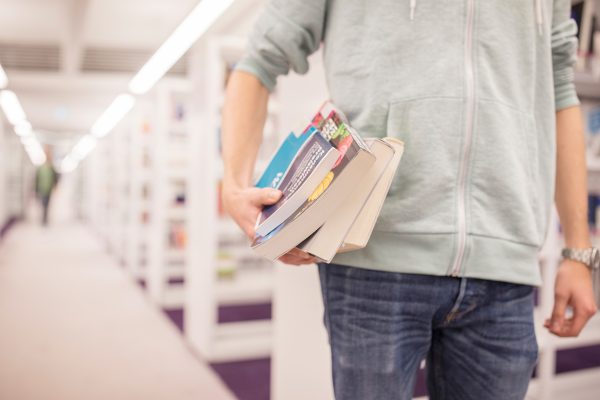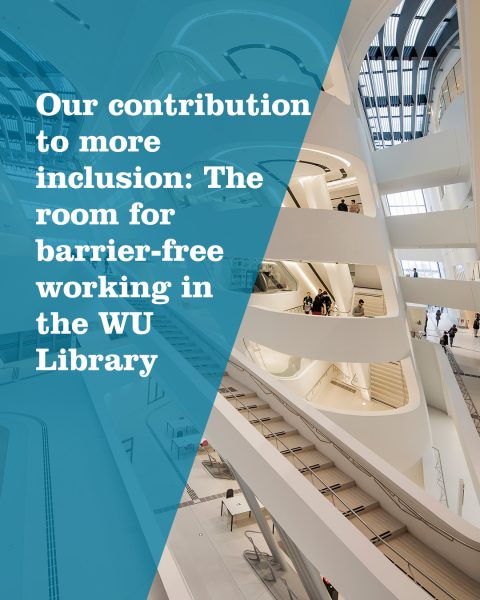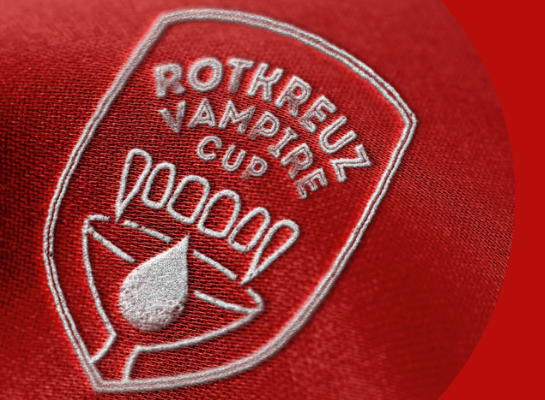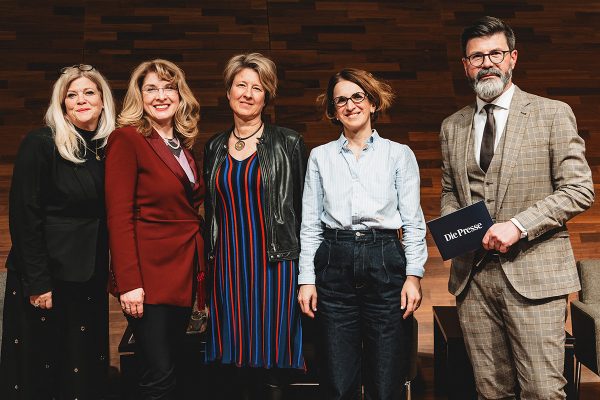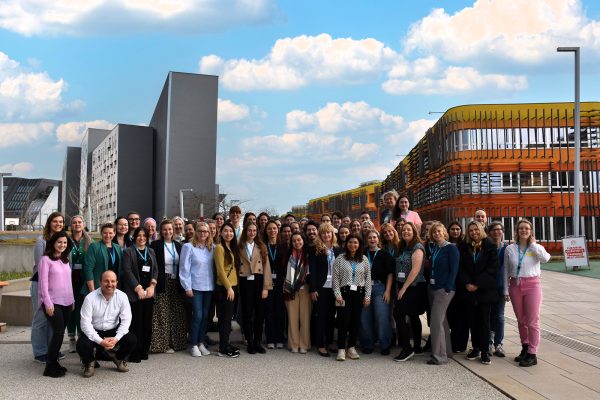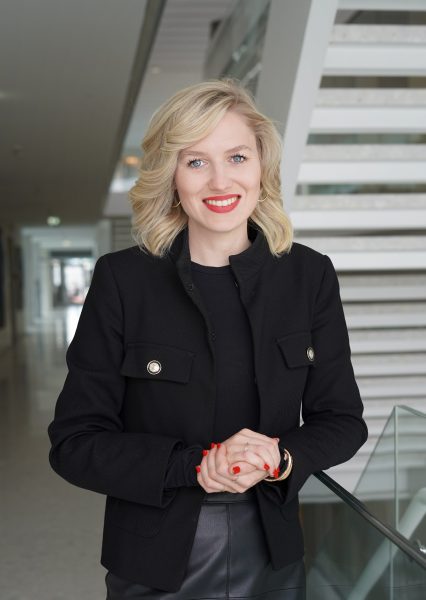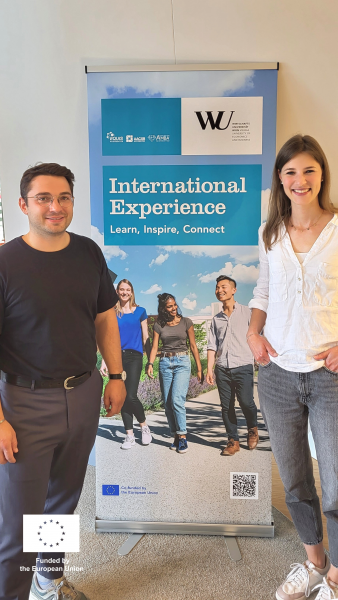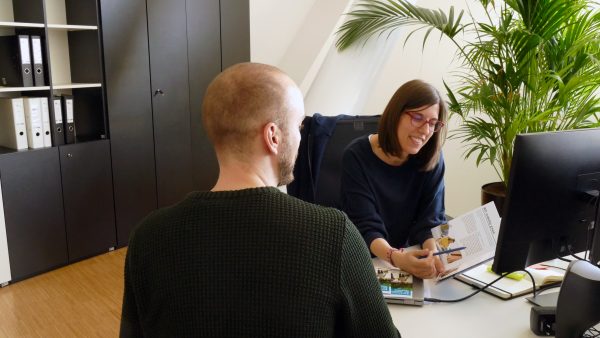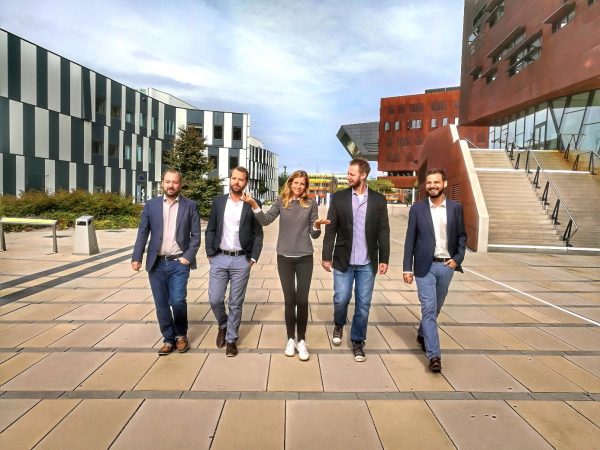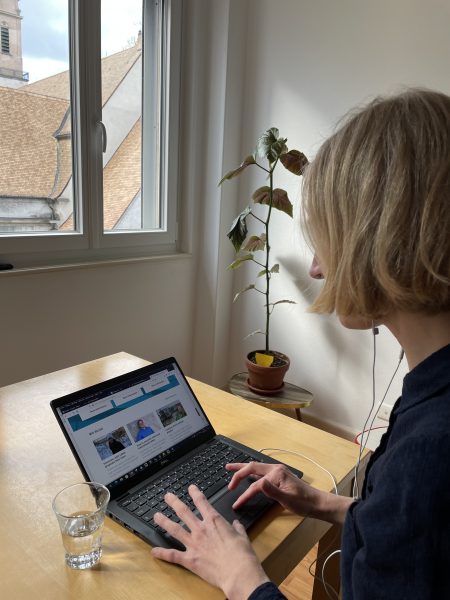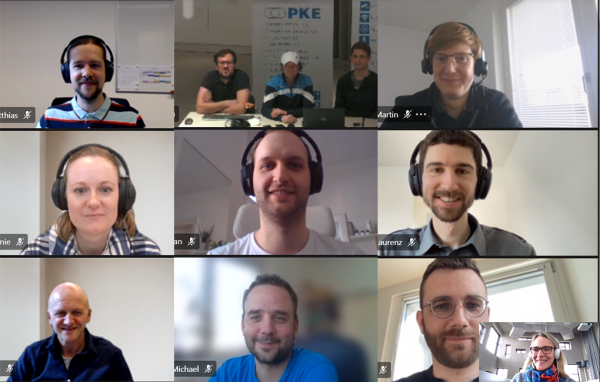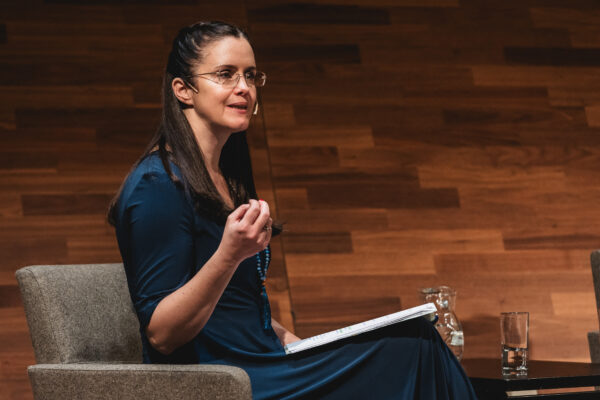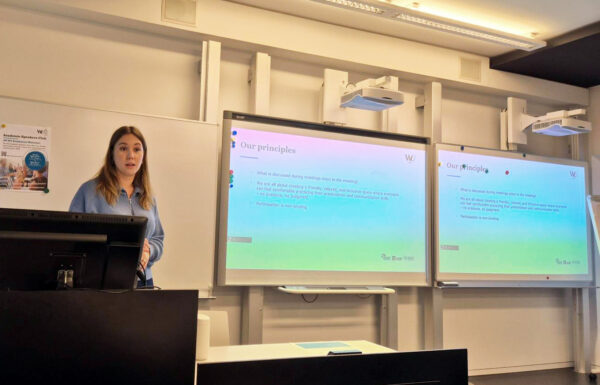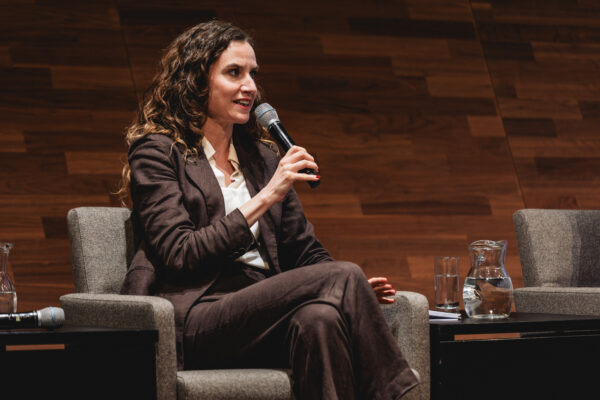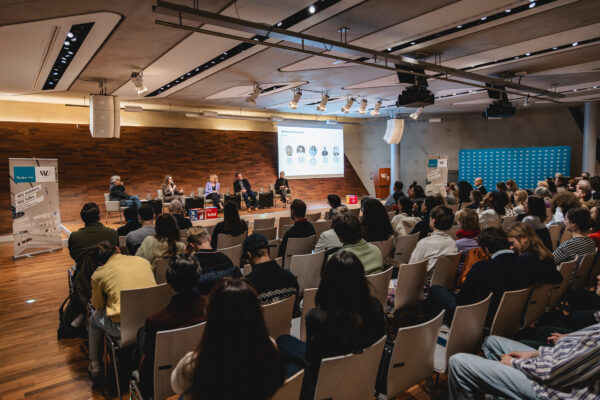CO2 underground: sustainability or standstill?
On April 23, WU matters. WU talks. was all about decarbonization. How can this be achieved in Austria, what options are there and how much time do we have left as a society to implement decarbonization? The event with a top-class panel – consisting of Bianca Secklehner (decarbonization expert, RHI Magnesita, lecturer, Burgenland University of Applied Sciences), Sigrid Stagl (WU Professor of Socioeconomics, Scientist of the Year 2024, member of the Scientific Advisory Board of the Carbon Management Strategy) and Moritz Tiefenthaler (Consultant for Carbon Capture and Storage, Federal Ministry for Climate Action, Environment, Energy, Mobility, Innovation and Technology) and Gerhard Speckbacher (WU Professor at the Institute for Strategic Management and Managerial Accounting / Department of Strategy and Innovation, Head of the WU Center of Excellence) organized the WU Student Center of Excellence.
Even if very few people realize it: We are constantly surrounded by materials and substances whose production or manufacturing processes are, at least in part, harmful to the environment. These materials are used, produced or processed in the so-called “hard to abate” industries – and these “hard to reduce” emissions account for around 30% of greenhouse gas emissions.
Bianca Secklehner from RHI Magnesita explains with practical examples: “Although we don’t necessarily have to deal with refractory products in normal life, they surround us everywhere: in the walls of buildings, in insulated pipes and tubes and much more. Magnesite can be found in bricks, but also in steel products. We produce the majority of our raw materials ourselves, mine them and process them further. Recycling is an essential part of our value chain, and research and decarbonization measures are underway – but this still results in environmentally harmful CO2 emissions.”
Ban or promote innovation?
In order to counter the effects of the climate crisis with effective measures, an Austrian carbon management strategy has been in place since 2024; the Federal Ministry for Climate Action, Environment, Mobility, Innovation and Technology has established a scientific advisory board, of which WU professor Sigrid Stagl is a member. The strategy focuses on creating options for action and necessary reform steps towards cost-effective carbon management for difficult or unavoidable residual emissions in Austria. The aim is to achieve climate neutrality in Austria by 2040.
Stagl states: “To a certain extent, additional measures will be necessary for use in industry, especially for “hard-to-abate” emissions (e.g. cement, waste incineration), such as carbon capture and storage (CCS and carbon capture and utilization – CCU) and carbon dioxide removal from the atmosphere (CDR).”

According to Stagl, the trick is to take into account the interests of industry, politics and other stakeholders, while also allowing ideas for the future. “Innovation is hugely important and we have to keep an eye on the future. It is essential to promote innovation while at the same time not sending the signal to industry that there will soon be solutions without having to make major changes.”
Secklehner points out that it can sometimes take years to implement innovations in everyday industrial life: “Precisely because the conversion of these technologies takes a long time, you have to start looking at what you can do early on, because at some point it will be forbidden or very expensive to release CO2 into the atmosphere.”
Promoting innovation to reduce emissions
Stagl is clear about the fact that we don’t have much time left to implement measures: “An essential part of humanity’s cultural upswing was a stable climate. We can only continue to grow (as a human race) if we reduce our emissions, but when will we have decarbonized if we continue at the current rate? The results are sobering. Even if we implement all decarbonization measures, some countries won’t make it until 2050, others much later, until 2200!”
The WU talks agree that decarbonization can only succeed with the involvement of all stakeholders and not through rigorous bans by politicians. WU talks. experts agree on this. Moritz Tiefenthaler from BMK gives an outlook: “CCS is the most expensive option for avoiding emissions. The BMK has set up a strong program to develop CCU methods. The Mining Section in the Ministry of Finance is currently investigating and it is expected that geological CO2 storage will be permitted in Austria by the end of the year.”
The whole discussion for review:
Do you also want to have your say on current topics?
In the regular “WU matters. WU talks.” panel discussions, panel discussions and lectures, academics and experts from business and institutional practice contribute their expertise and discuss current topics together with the interested public. Sign up for the newsletter here to make sure you don’t miss any current topics!
